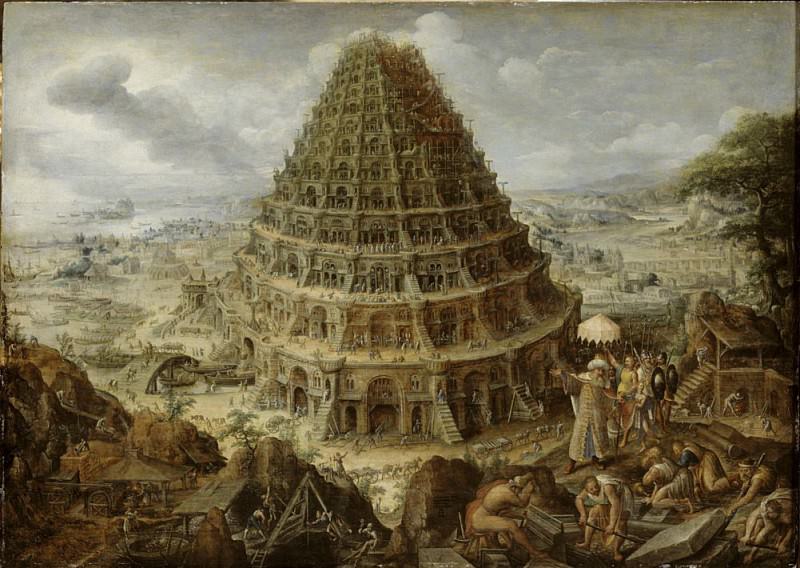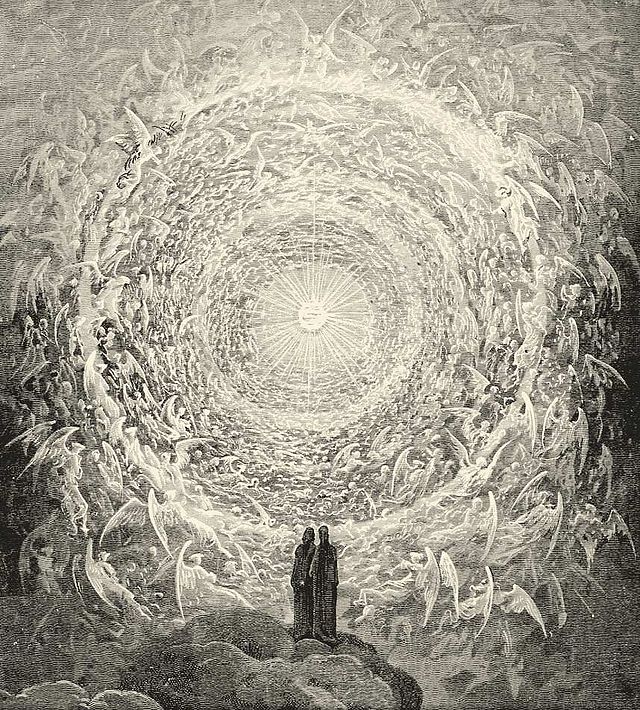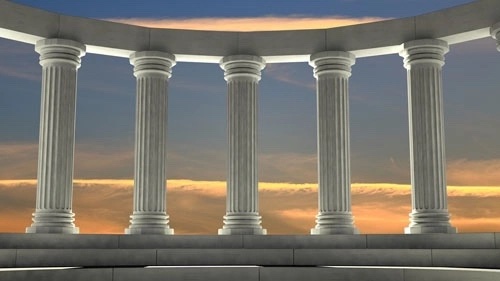豪斯曼:《诗歌外编》: 第十五首:已经五年了,“到了尽头,”我说
《诗歌外编》
XV
第十五首
已经五年了,“到了尽头,”我说
’Tis Five Years since, “An End,” Said I
英国 A. E. 豪斯曼原著
Alfred Edward Housman (1859 – 1936)
徐家祯翻译

’Tis five years since, „An end,” said I,
„I’ll march no further, time to die.
All’s lost; no worse has heaven to give.”
Worse it has given, and yet I live.
I shall not die today, no fear:
I shall live yet for many a year,
And see worse ills and worse again,
And die of age and not of pain.
When God would rear from earth aloof
The blue height of the hollow roof
He sought him pillars sure and strong
And ere he found them sought them long.
The stark steel splintered from the thrust,
The basalt mountain sprang to dust,
The blazing pier of diamond flawed
In shards of rainbow all abroad.
What found he that the heavens stand fast?
What pillar proven firm at last
Bears up so light that world-seen span?
The heart of man, the heart of man.

已经五年了,“到了尽头,”我说,
“我不会继续向前,已到去死的时光。
一切都输了,老天不会让我更加糟糕。”
更糟的还是来了,而我还活在世上。
我今天不会死,不用害怕,
我还有很多年可活得很长,
遭遇更糟的病痛,还有更糟的:
死于老年,而不是死于战场。
当上帝想要离开地面建立一个
高耸入云蔚蓝空幽的穹苍,
他要找可靠而牢固的庭柱,
找了很多时候才如愿以偿。
坚硬的钢铁一击就成为碎片,
花岗岩的大山能炸为尘土到处飞扬,
金刚钻五彩缤纷的柱子
也会裂成彩虹的碎屑飞溅四方。
那么他用什么让天堂稳固不晃?
最终是什么柱子证实最为刚强
能把全世界都看得见的拱顶轻轻支撑?
那就是人的心脏,那就是人的心脏。
二 0 二二年三月十七日
译于澳大利亚刻来佛寺爱闲堂
* 这首诗,是《诗歌外编》中的第 15 首。
这是一首很难理解的诗歌。诗的头两节是写一个人,好像是战士。他五年前决 定不再“继续向前”,因为“已到去死的时光”。但是,五年后,他发现他自己还活着。 五年前,他认为“老天不会让我更加糟糕”,结果,他发现,在五年中,“更糟的还是来 了”,而且,以后还要经受“更糟的病痛”,“死于老年,而不是死在战场。”原文说“不是 死于痛苦” (not of pain), 这里的痛苦应该指死于非命的痛苦,对一个战士来说,就是 死于战场。所以,对诗人来说,活着并不是一件愉快的事,而是一种“更糟”的事情。
诗的后三节用了《圣经》中上帝建造天堂的故事:
“By the word of the LORD were the heavens made; and all the host of them by the breath of his mouth. He gathereth the waters of the sea together as an heap: he layeth up the depth in storehouses. Let all the earth fear the LORD: let all the inhabitants of the world stand in awe of him. For he spake, and it was done; he commanded, and it stood fast.” (Psalms: 33:6- 9)
“诸天靠祂的话而造, 群星靠祂口中的气而成。祂将海水聚在一处,把汪洋收 进仓库。愿普世都敬畏耶和华! 愿世人都尊崇祂! 因为祂一发话,就创造了天地; 祂 一命令,就立定了万物。”(诗篇:33:6-9)
诗中说,上帝建造天堂需要找最坚硬的材料,但是,他发现,钢铁、岩石和金 刚钻都不合适,因为都会破碎。那么,什么才是最坚硬的材料可以“把全世界都看得见 的拱顶轻轻支撑”呢? 诗人说:“那就是人的心脏”!这里,我觉得至少可以有两种理解: 一种是:人活着要忍受无限的痛苦和灾难,但是人都经受了下来,所以说,人的心脏 是最为坚强的东西。第二种理解是:人之所以能忍受各种痛苦还活下去,那是因为相 信死后有个上帝创造的“天堂”,但是,诗人是无神论者,他不相信真的天堂的存在, 因为没有哪种坚固的材料能支撑那么巨大的天堂,所以,他说,实际上“天堂”只是存 在于人们的“心”上而已。要是你信,你的心里就会有“天堂”。
原诗五节,每节四句。译诗双句押 [ang/iang/uang] 韵。
